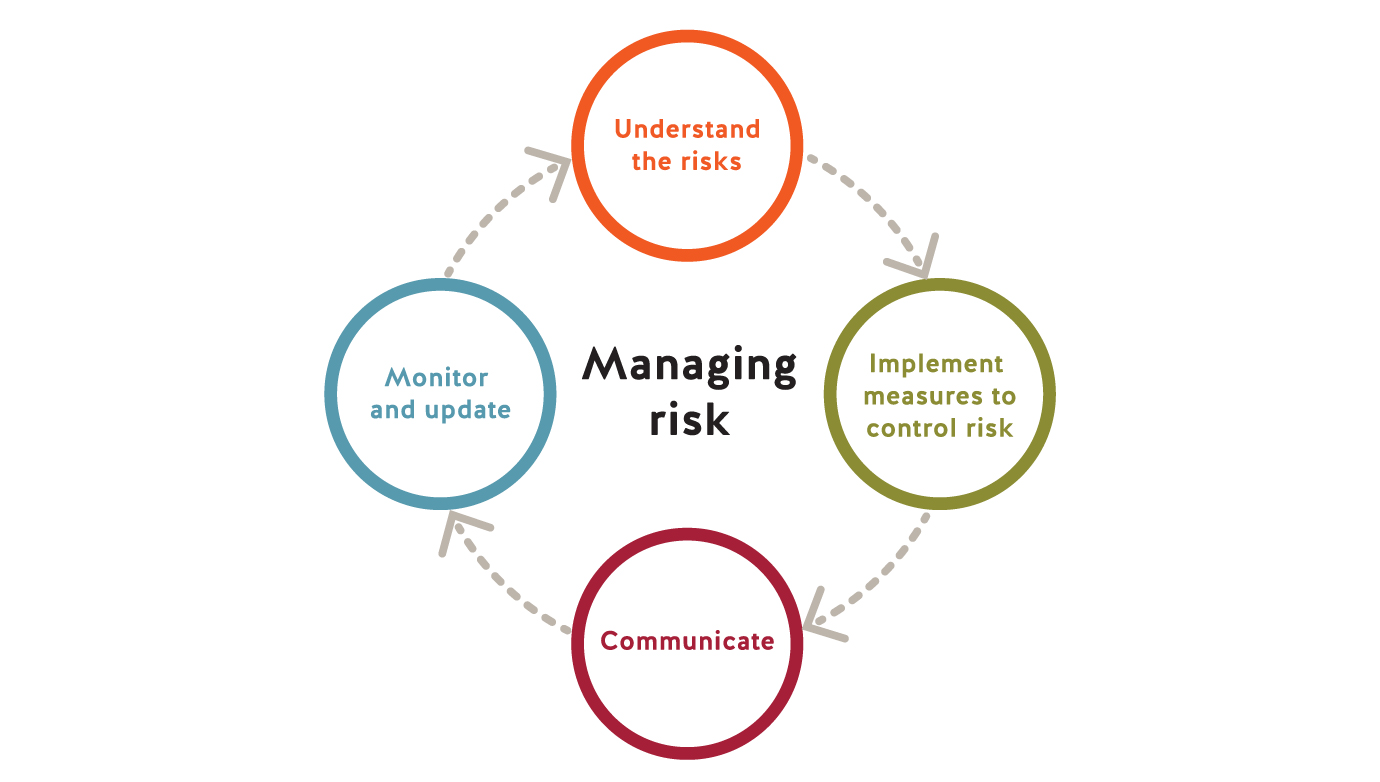Assessing The Risks: Europe's Concerns Over Russia's Military Moves

Table of Contents
The Escalation of Military Activity Near European Borders
The recent increase in Russia's military presence and activities near European borders is a major source of concern. This escalation manifests in several troubling ways.
Increased Troop Deployments and Military Exercises
Russia has significantly increased troop deployments and conducted numerous large-scale military exercises near European borders in recent years.
- Zapad 2021: This exercise, held in Belarus and western Russia, involved tens of thousands of troops and sophisticated weaponry, raising concerns about its proximity to NATO members.
- Increased troop presence in Crimea: The continued buildup of Russian troops in Crimea, annexed from Ukraine in 2014, poses a direct threat to Ukrainian sovereignty and regional stability.
- Military maneuvers near the Baltic states: Regular military exercises near the Baltic states, including simulated attacks on NATO infrastructure, heighten tensions and test the alliance’s response capabilities. These exercises often involve advanced weaponry, including Iskander missiles.
NATO and individual European nations have repeatedly expressed their serious concern over these activities, citing their destabilizing potential and their violation of established agreements. The types of weaponry deployed, including advanced missile systems and air defense capabilities, further exacerbate these concerns.
Modernization of Russia's Military Capabilities
Russia has invested heavily in modernizing its military capabilities, enhancing its conventional forces, cyber warfare capabilities, and nuclear arsenal. This modernization poses a significant challenge to European security.
- Hypersonic missiles: The development and deployment of hypersonic missiles present a formidable challenge to existing missile defense systems.
- Advanced fighter jets: The modernization of Russia's air force with advanced fighter jets, such as the Su-57, enhances its ability to project power.
- Sophisticated cyber warfare capabilities: Russia’s capacity for disruptive cyberattacks against critical infrastructure poses a significant threat to European stability.
Experts warn that these advancements significantly alter the balance of power in the region, creating a more unpredictable and potentially dangerous security environment.
The Impact on European Security and Defense Strategies
Russia's aggressive military posture has had a profound impact on European security and defense strategies.
Strengthened NATO Alliances and Increased Defense Spending
In response to Russia's actions, NATO allies have strengthened their cooperation and increased defense spending.
- Enhanced military exercises: NATO has significantly increased the frequency and scale of joint military exercises, demonstrating its commitment to collective defense.
- Increased defense budgets: Many European nations have increased their defense budgets in response to the perceived threat from Russia. This is particularly noticeable in countries bordering Russia or those with significant exposure to Russian aggression.
- Forward deployment of troops: NATO has increased the forward deployment of troops in Eastern Europe to deter further Russian aggression.
These actions reflect a renewed commitment to collective security in the face of a more assertive Russia.
Cybersecurity Threats and Information Warfare
Russia's military actions are not limited to the conventional sphere; they also encompass significant cyberattacks and disinformation campaigns targeting European countries.
- NotPetya ransomware attack: This devastating cyberattack, attributed to Russia, caused billions of dollars in damage globally, affecting critical infrastructure in multiple European countries.
- Disinformation campaigns: Russia has been accused of using disinformation campaigns to spread propaganda, sow discord, and undermine democratic processes in European nations.
- Targeting of election systems: Several European countries have reported attempts to interfere in their elections using cyberattacks and disinformation.
European nations are increasingly investing in cybersecurity defenses and implementing strategies to counter disinformation, recognizing the significant threat posed by these activities.
The Geopolitical Implications and International Response
Russia's military moves have far-reaching geopolitical implications and have elicited a range of international responses.
Tensions with Neighboring Countries
Russia's actions have significantly increased tensions with neighboring countries, particularly Ukraine and the Baltic states.
- Conflict in Ukraine: The ongoing conflict in eastern Ukraine, fueled by Russian aggression, highlights the dangerous consequences of Russia's military actions.
- Border disputes: Russia’s actions have heightened tensions in several border regions, including those with its Baltic neighbors.
- Increased military presence: The continued presence of Russian troops near the borders of its neighbors serves to maintain a climate of fear and instability.
International Sanctions and Diplomatic Efforts
The international community has responded to Russia's military moves with a combination of sanctions and diplomatic efforts.
- EU sanctions: The European Union has imposed numerous sanctions on Russia, targeting individuals, entities, and sectors of its economy.
- US sanctions: The United States has also imposed sanctions on Russia, further isolating it from the international community.
- Diplomatic initiatives: Various diplomatic initiatives are underway to de-escalate tensions and find a peaceful resolution to the conflict in Ukraine. However, the effectiveness of these efforts remains limited.
Conclusion
Europe's concerns over Russia's military moves are well-founded and stem from a confluence of factors: escalating military activity near European borders, the modernization of Russia's military capabilities, the resulting impact on European security and defense strategies, and the broader geopolitical implications. Understanding these concerns is crucial to navigating the complex security landscape and fostering lasting peace and stability. The ongoing situation demands vigilance and proactive engagement. Stay informed about the evolving situation and participate in discussions about maintaining peace and security in Europe; understanding Russia's military actions in Europe, and assessing the risks posed by Russia are vital to safeguarding our collective future. Continue to seek out reputable sources of information to stay abreast of developments and contribute to informed discussions on this critical issue.

Featured Posts
-
 Dangerous Natural Gas Levels Force Downtown Louisville Evacuation
Apr 29, 2025
Dangerous Natural Gas Levels Force Downtown Louisville Evacuation
Apr 29, 2025 -
 Police Detain Du Val Founder Kenyon Clarke Following Altercation
Apr 29, 2025
Police Detain Du Val Founder Kenyon Clarke Following Altercation
Apr 29, 2025 -
 First Look Adidas Anthony Edwards 2 Basketball Shoes
Apr 29, 2025
First Look Adidas Anthony Edwards 2 Basketball Shoes
Apr 29, 2025 -
 Lynas Rare Earths Seeks Us Aid For Texas Refinery Amid Rising Costs
Apr 29, 2025
Lynas Rare Earths Seeks Us Aid For Texas Refinery Amid Rising Costs
Apr 29, 2025 -
 The Porsche Paradox Why Is It Less Popular In Australia
Apr 29, 2025
The Porsche Paradox Why Is It Less Popular In Australia
Apr 29, 2025
